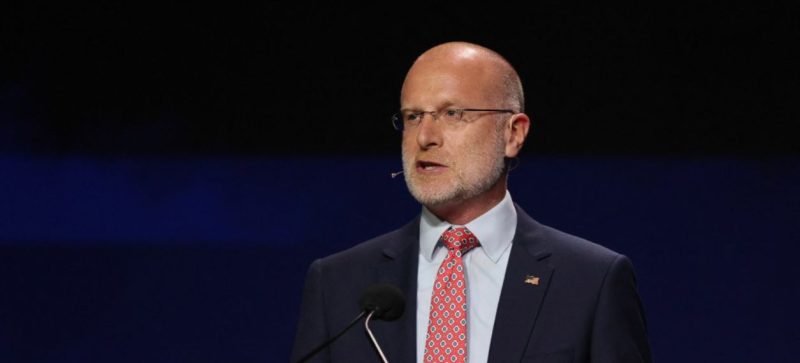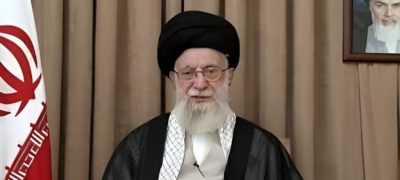Federal Communications Commission Chair Brendan Carr will testify before the Senate Commerce Committee after facing bipartisan criticism over his handling of Jimmy Kimmel’s suspension. A committee spokesperson confirmed the appearance but said the date has not yet been set.
The hearing will be chaired by Sen. Ted Cruz of Texas, who was among the first Republicans to challenge Carr’s actions. The panel has full jurisdiction over the FCC, making it the central venue for questioning the agency’s recent conduct.
Carr came under fire after making threats related to the suspension of Jimmy Kimmel Live, which many lawmakers saw as an overreach. Both Democrats and Republicans condemned the move, saying it raised questions about free speech and the FCC’s role in regulating broadcast networks.
The criticism prompted growing calls for accountability. Lawmakers on both sides stressed that the commission must maintain independence from political pressures. Carr’s testimony is expected to address these concerns and clarify the FCC’s position in the wake of the controversy.
The decision to testify was first reported by Semafor. While no timeline has been given, officials suggest the hearing could take place within weeks, given the urgency of the issue. Analysts say it could turn into a high-profile clash, as senators are likely to press Carr on whether his actions were influenced by political considerations.
This case highlights the growing scrutiny over how government institutions handle sensitive matters. It comes at a time when public confidence in agencies is already strained. For example, the U.S. is dealing with a historic brain drain from its federal workforce, which experts warn could undermine the ability of institutions to function effectively. Both stories reflect broader concerns about leadership, accountability, and the resilience of democratic systems.
Carr’s upcoming testimony is being closely watched by media groups, civil rights advocates, and lawmakers. Free speech advocates argue that the FCC should remain neutral and avoid any appearance of interfering with content decisions made by networks. Meanwhile, critics within Congress say Carr’s remarks risked setting a dangerous precedent.
As the Senate panel prepares to question Carr, the case has already reignited debate over the balance between regulation and freedom in American broadcasting. The outcome of this testimony could have lasting consequences for how the FCC operates in politically charged situations.
For now, the controversy around Jimmy Kimmel’s suspension has transformed into a larger test of trust between the FCC, Congress, and the public it serves.







